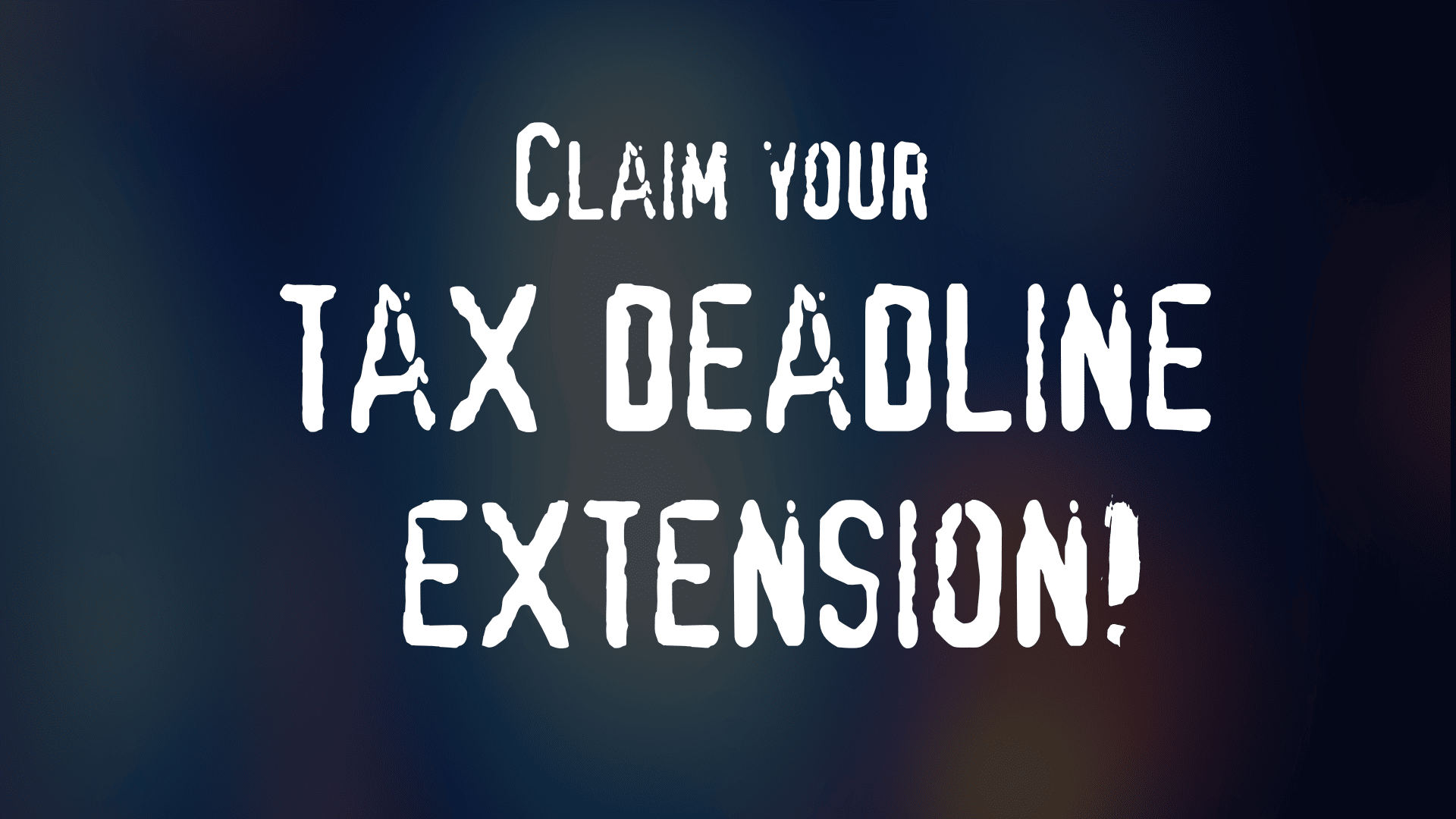Why have just one job when having multiple jobs makes life more interesting? You might have one contract following another throughout the year or several work deals happening at once. Either way, there’s less chance of getting bored and more chance of growing your skills if you follow the gig economy yellow brick road.
But how do you do the accounting, tax and admin for a work life with several streams of income? To help you along, we’ve gathered up the questions most commonly asked by gig workers. Keep reading for instant insight.
What does ‘gig economy’ mean?
The term ‘gig economy’ was supposedly first used by jazz musicians in the 1920s. They typically had multiple gigs in a week at different venues, so were paid by a number of employers.
In New Zealand, the gig economy refers to a segment of the labour market that’s characterised by short-term contracts, temporary jobs and freelance work.
Who are gig workers?
The term ‘gig worker’ is often used to describe casual workers, temps, freelancers and contractors. Basically, anyone whose work life falls outside the typical employer-employee situation.
All sorts of jobs and professions have gig workers. For example:
- Graphic design
- Journalism and writing
- Taxi and truck driving (including Uber)
- Trades – electrical, building, plumbing
- Film/video – actors, makeup artists, film crew
- IT- developers, web designers
- Delivery services
- Hospitality
- Law, accounting and health
- Business administration
- Cleaning and maintenance
What are the benefits of being a gig worker?
Some people are more suited to gig work than others. Here’s a quick summary of the pluses and minuses, so you can see whether it might suit you.
The upside of gigging
- Lots of variety, so you don’t get bored
- Flexibility about when and where you do the work (although only some types of gigs come with full flexibility)
- Income from multiple sources, so if one contract or client relationship comes to an end you’re not left high and dry with no income
- Choice about who you work for
- Opportunities to grow your income as your skills improve and you can charge more
The downside of gigging
- Work opportunities fluctuate, so there’ll be times when you have too much to do and other times when you’re twiddling your thumbs
- You have to be disciplined about getting the work done
- There’s no annual leave, statutory holidays or sick pay
- You have to pay for professional memberships and training costs
- You’re not covered by employment agreements and your service could be terminated
- You need to be good at self-promotion and marketing, to bring the work in
How is a gig-based business structured?
If you’re someone who moves from one short-term contract to the next, or if you’re a freelancer who works for a group of clients, the simplest business structure may be a ‘sole trader’. You don’t have to do anything to get going. Other options are to start a company or form a partnership with someone else. Read more about choosing a business structure.
As a sole trader you can decide to change your business structure at any time by forming a company or getting into a partnership.
How do I pay income tax as a gig worker?
Assuming you’ve taken the sole trader path, you won’t have to make any provisional tax payments in your first year unless your tax liability exceeds $60,000. If your tax liability exceeds $60,000 and provisional tax payments are not made you will be exposed to use of money interest.
After 31 March , you need to file a return (IR3) that declares all sources of income and any tax that has been deducted from income (such as withholding tax or schedular tax). The return is due by the following 7 July if you are not linked to a tax agent or the following 31 March if you are linked to a tax agent like Afirmo.
Your end of year tax liability is due to Inland Revenue on the following 7 February if you are not linked to a tax agent or 7 April if you use a tax agent like Afirmo.
If your tax return shows you owe more than $5,000 in tax, you’ll need to start paying provisional tax. Payments of provisional tax are usually due on 28 August, 15 January and 7 May if you have a 31 March balance date. Read more about provisional tax.
For a blow-by-blow description of your first year gigging, from a tax point of view, read our article ‘Your first tax year as a freelancer’.
As a gig worker, do I have to register for GST?
You need to register for GST if your gig work brings in or expect to bring in more than $60,000 in a 12-month period. If you join Afirmo, getting registered for GST is super easy. Alternatively, you can do it yourself using the Inland Revenue website. More about registering for GST.
Once you’ve registered for GST, and it’s been confirmed by Inland Revenue, you need to add 15% GST to your prices from the start date you specified during registration. If you provide customers with invoices, check that your invoice form includes your GST number.
A good thing about being registered for GST is that you can claim a credit for the GST you pay on most of your business expenses.
What business expenses can I claim?
As a sole trader gig worker, you can claim for consumables and services directly related to earning income. For example: advertising, rent, stationery, raw materials, fuel and power.
If you buy a big asset ( costing more than $1,000) that’s directly related to your business, you can claim its drop in value each year. This is called depreciation.
Always keep your receipts for expenses – consumables, services and assets. You need to hang onto them for at least seven years, in case Inland Revenue wants to take a look.
As an Afirmo client you can ask questions about expenses any time using the chat function once you’re logged in. More about claiming business expenses.
Do I have to pay ACC levies as a gig worker?
As a gig worker you have to take care of your own ACC payments. ACC will send you an invoice once a year in September. The amount they’ll charge you depends on your taxable income (they get this info from Inland Revenue) and the level of risk associated with your type of work (identified by a BIC code). Read an Afirmo article about ACC.
How do I find my BIC code?
When you file a tax return or register for GST with Inland Revenue, you need to add your Business Industry Classification (BIC) code. This code identifies the type of work you do and is used by ACC when they’re working out your levy. If you do more than one type of work, choose the BIC code of the activity you spend the most time doing. Find your BIC code.
Do I need an NZBN (New Zealand Business Number)?
As a sole trader you can get a free New Zealand Business Number (NZBN), which is a unique identifier available to every business in New Zealand. Getting a NZBN makes it easy to share your business information with other businesses. It’s not compulsory, but it’s a good idea.
What Inland Revenue forms does a sole trader use?
IR3: At the end of each tax year you’ll need to complete an IR3 form. On this form you’ll declare all income from all sources. You will also declare any tax you’ve already paid, such as withholding tax or schedular payments. The form also has a place for claiming business expenses. Read our article ‘tax forms and when to file them’.
IR330C: If you find gigs through a labour hire business or recruitment company, income tax will be deducted from your payments. These are called ‘schedular payments’. Every company you do work with will get you to complete a tax rate notification form – IR330C. This allows them to deduct withholding tax of 20% from the payment.. If you do not provide a completed IR330C, the payer will be required to deduct 45% from the payment.
Inland Revenue has a tax rate tool that lets you work out your tax rate. See our article on filling in an IR330 form.
Even if you don’t work through a labour hire business, you might be able to get tax deducted so as to get outside the provisional tax rules. It’s something you can talk about with your employer/client.
What’s the best online platform for doing my accounting as a sole trader?
There are several choices, but the platform that’s tailormade for sole traders, freelancers and small business owners is Afirmo. We offer a combination of tools, solutions and real-person support that makes the admin side of self-employment easier than you ever imagined. Find out more about Afirmo’s Tax Tools.
Our comments are general in nature and should not be considered as a substitute for tax advice. We are happy to help with any particular issue relevant to your business.




